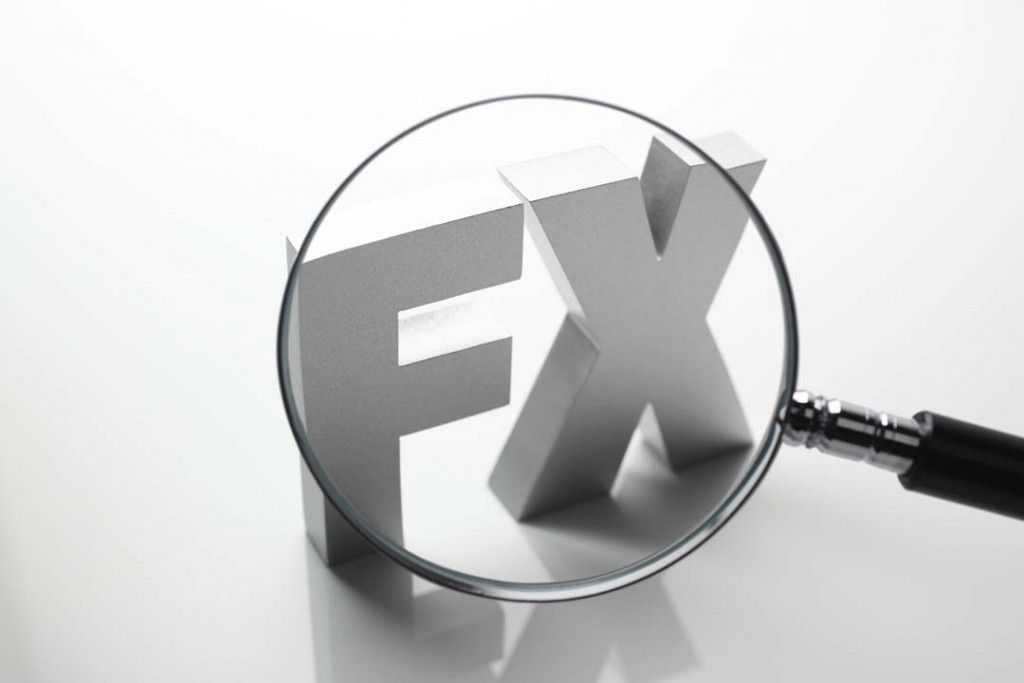Economic Risk
Changes in the competitive strength of imports and exports can create economic risk whereby not only your overseas trading but also your competitors can be affected by factors out of your control.
Transaction Risk
If the exchange rate moves in the period between agreeing a contract and receiving or paying the money when importing or exporting, the amount of base currency paid or received will alter. There are various options available to companies to deal with transaction risk:
- Issuing the contract and invoice in your own currency to pass the risk to the other party
- Netting off sales and purchases in the same foreign currency to reduce your net exposure
- Opening a foreign currency bank account to handle sales and purchases in the same currency, which would minimise the need to convert to your base currency
- Delaying or bringing forward changing money into a different currency to try to beat rising or falling exchange rates
- Entering into a forward exchange contract which is a binding agreement to sell or buy an agreed amount of currency at a given time and at an agreed rate
- Using money market hedging, futures or options to lock in the value of a foreign transaction in your base currency to avoid the uncertainty of exchange rate fluctuations
Topics
Archive
- 2024
- March 2024 (1)
- January 2024 (1)
- 2023
- December 2023 (2)
- November 2023 (2)
- September 2023 (2)
- August 2023 (1)
- July 2023 (3)
- June 2023 (3)
- May 2023 (2)
- April 2023 (1)
- March 2023 (4)
- February 2023 (2)


Comments for Managing foreign currency risk in your business